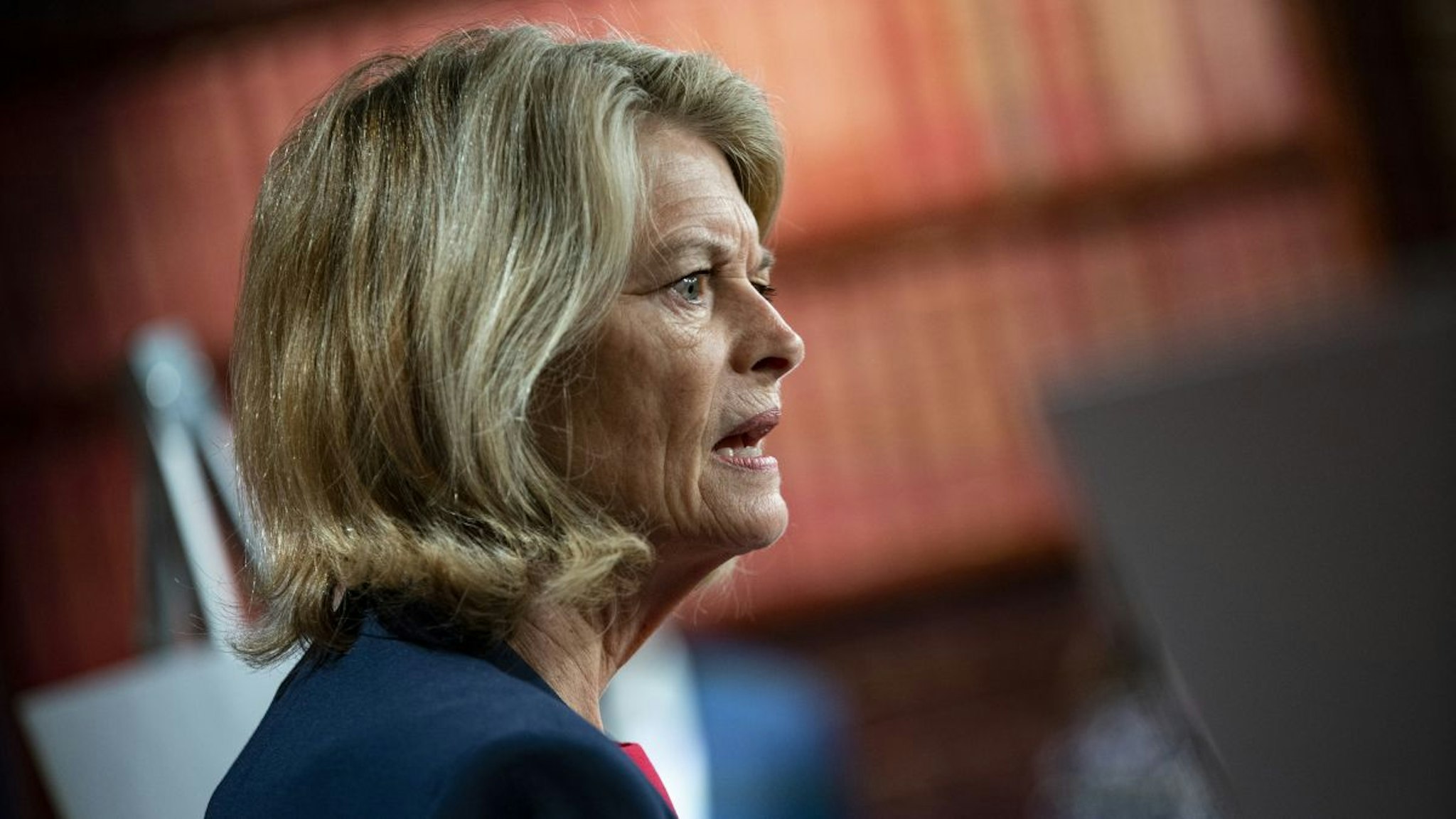Alaska’s ranked-choice voting system could lead to uncertainty and delays following the midterm elections, and the winners of some races could be unknown for several weeks.
Ranked-choice voting was approved by the state’s voters in the 2020 election. In the system, all voters receive the same ballot, regardless of the voter’s political affiliation. All candidates are listed on the same ballot.
Instead of voting for a single candidate for each office, voters rank all the candidates for a particular office based on preference, according to the Associated Press.
If a single candidate receives at least 50% of first place votes, that candidate is declared the winner. If no single candidate receives at least 50% of the total first-place votes, the candidate with the least amount of votes gets eliminated and a second round commences. If the eliminated candidate was a voter’s top choice, then the voter’s second-place choice gets their vote in the second round.
In Alaska’s ranked-choice system, the rounds continue until there are two candidates left. The candidate with the most votes at the end of that round is the winner of the election. The second round of counting for Alaska’s elections will take place on November 23.
Critics argue the system is confusing and can lead to less popular candidates winning.
The first round of the Alaska Senate race included three GOP candidates and one Democrat, as the ranked-choice system included the top four frontrunners from the primary held in August. Trump-endorsed Republican Kelly Tshibaka currently leads with 44.48% of the vote and incumbent Sen. Lisa Murkowski follows at 43% with an estimated 70% of the vote counted, according to Decision Desk HQ.
Democrat Patricia Chesbro is currently third with just 9.57% of the votes, followed by GOP candidate Buzz Kelley at 2.94%.
The election is decisively Republican at over 90% of the total votes, but the ranked-choice system is making the final decision more complicated. If no single candidate receives at least 50% of the votes, the election will move to the next round.
In the Senate, Republicans are confident that either Tshibaka or Murkowski will win due to their large margin over other candidates. Some are concerned that Murkowski, who voted to convict former President Donald Trump after the events of January 6, could defeat her opponent due to being more moderate and picking up more second-place votes from Democrats.
Alaska also included a House race for the state’s only congressional seat. An August special election to replace the late Rep. Don Young that utilized the state’s ranked-choice system ended in defeat for Republicans.
In that election, Democrat Mary Peltola received 40% of votes, Republican Sarah Palin received 31%, and fellow Republican Nick Begich got 28% in the first round. Since no single candidate received at least half of the votes, the top two candidates, Peltola and Palin, remained, and in the second round the votes that ranked Begich as the first choice were redistributed among those votes’ second choice picks. Peltola then defeated Palin 51.5% to 48.5%.
Peltola became the first Democrat to represent Alaska in the House in a half-century despite receiving less than half of the state’s first place votes.
In the results from Tuesday’s election, Peltola currently leads with 47.34% of the vote (101,236), with Palin at 26.66% (57,005), Begich at 24.27% (51,896), and Libertarian Chris Bye at 1.74% (3,716). An estimated 70% of the votes have been counted so far, according to Decision Desk HQ. Republicans are currently combined for 50.93% of the overall votes.
Peltola could win again unless the GOP’s “rank the red” strategy was successful. Following the party’s August loss, both Palin and Begich emphasized voting for their Republican opponent as a second choice to keep a Democrat out of Congress.
The situation was even more complicated after Murkowski said she planned to vote for Peltola, a Democrat, as her first choice. Peltola later confirmed she was also planning to select Murkowski as her first choice.
The election for the state’s governor is shaping up to be far clearer. Incumbent Republican Governor Mike Dunleavy could win in the first round, currently holding 52.17% of the total vote. If his percentage remains at 50% or above, it will allow him to avoid a runoff and secure his re-election.

